#prince ludwig of hesse
Explore tagged Tumblr posts
Text

Grand Duchesses Maria and Anastasia Nikolaevna of Russia with their maternal 1st cousin Prince Ludwig of Hesse and By Rhine, Livadia 1912
Source: Ольга on Pinterest
#otma#romanov#romanovs#maria nikolaevna#anastasia nikolaevna#Prince Ludwig of Hesse and by Rhine#Prince Ludwig of Hesse#hessian Royal family#Livadia#1912#Crimea#grand duchess anastasia nikolaevna of russia#grand duchess Maria nikolaevna of Russia#grand duchess anastasia nikolaevna#grand duchess Maria nikolaevna#hesse#russian imperial family#russian history
26 notes
·
View notes
Text
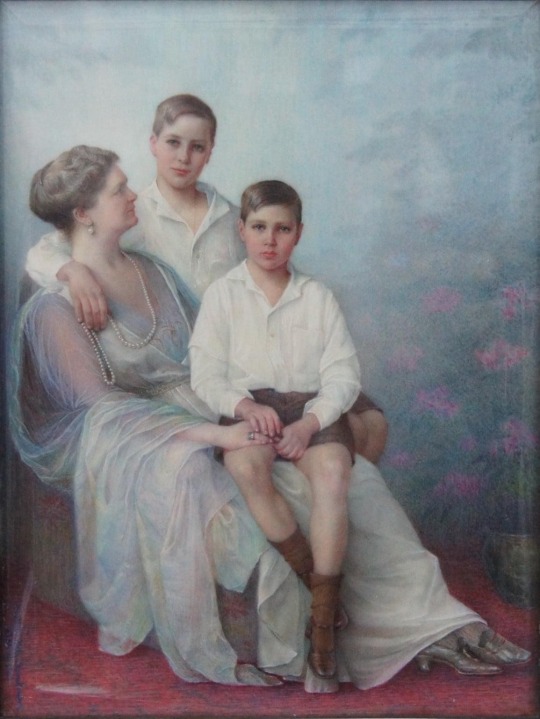
Grand Duchess Eleanore of Hesse with her two sons, Hereditary Grand Duke Georg Donatus and Prince Ludwig. Courtesy of Schloss Wolfsgarten.
#grand duchess eleanore of hesse#hereditary grand duke georg donatus of hesse#prince ludwig of hesse#romanov relatives#portrait
52 notes
·
View notes
Text

Candid photo of Princess Cecilie of Hesse (neé Greece and Denmark) with her two sons Princes Ludwig and Alexander of Hesse, 1937
#so cute!!!#😭🤍🥺#princess cecilie of greece and denmark#princess cecilie of hesse#ludwig of hesse#alexander of hesse#prince ludwig#prince alexander#prince ludwig of hesse#prince alexander of hesse#hessian royal family#1937#hesse#greek royal family
52 notes
·
View notes
Text
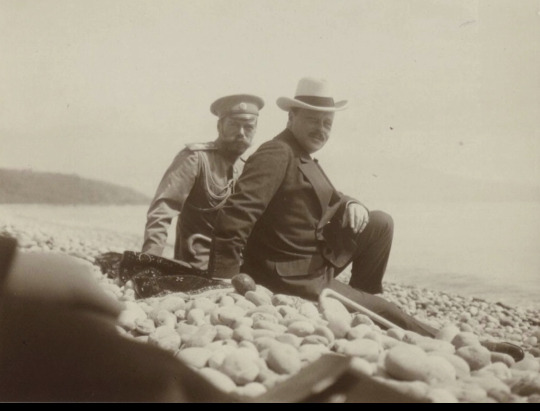

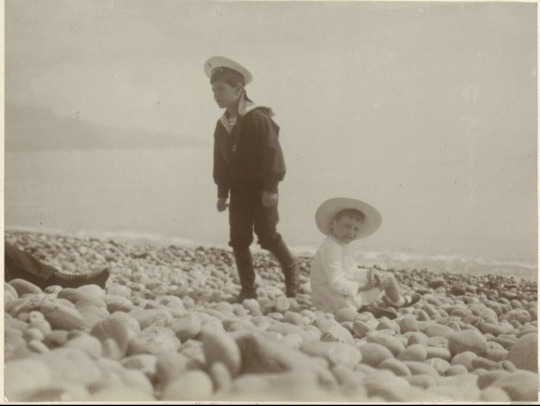

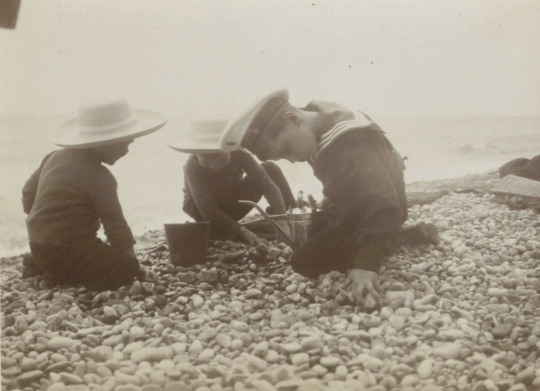
Nicholas II, Grand Duke Ernst Ludwig of Hesse, Tsarevich Alexei, Grand Duke Ernst’s sons and unknown ladies, probably Nannies

Grand Duchess Anastasia and her cousins. There is a little boy I don’t recognize.

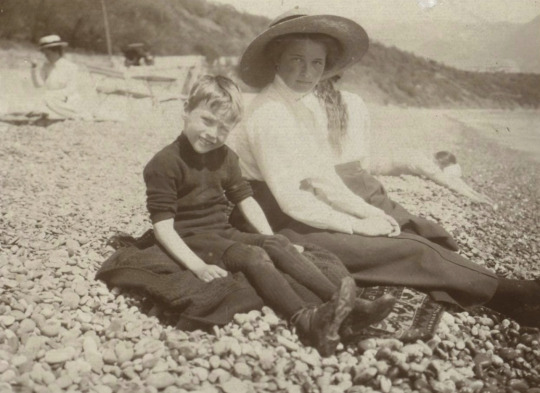

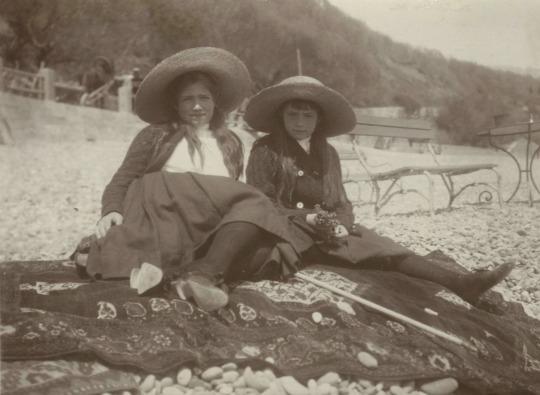
Grand Duke Ernst Ludwig with his sons, George Donatus and Ludwig and his nieces the Grand Duchesses.
Tsar Nicholas II and Grand Duke Ernst were excellent fathers who enjoyed their children
#russian history#imperial russia#romanov dynasty#otma#grand duke ernst ludwig of hesse#Nicholas II#Hereditary Grand Duke George Donatus#Prince Ludwig of Hesse#tsarevich alexei
21 notes
·
View notes
Text
Unfortunately, Georg Donatus and his wife Cecilie (sister of Prince Phillip) would die in a plane crash on their way to Prince Ludwig's wedding. Years later, Princess Marina of Greece and Denmark (Duchess of Kent by marriage to Prince George Duke of Kent) would also lose her husband to an airplane crash.
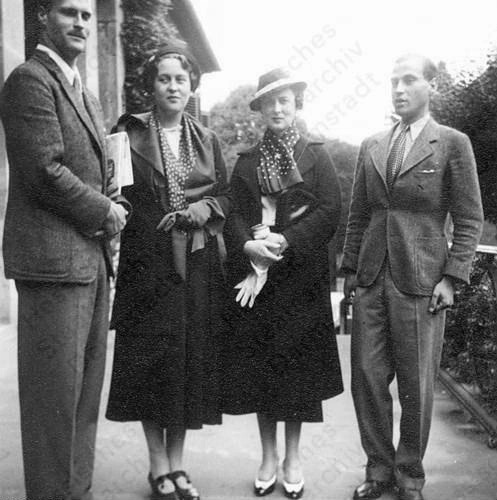
Georg Donatus, Hereditary Grand Duke of Hesse, Cecilie, Hereditary Grand Duchess of Hesse and by Rhine, Princess Marina of Greece and Denmark, Prince Ludwig of Hesse Early 1930s.
38 notes
·
View notes
Text
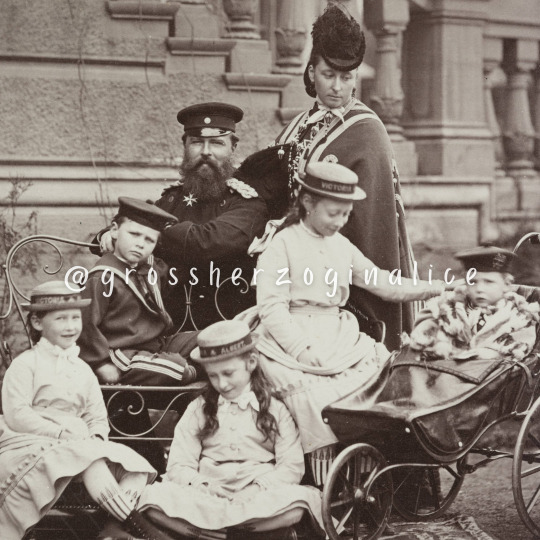
The family of the Prince and Princess Louis of Hesse in 1872. From left to right- Irene, Ernst, Louis, Elisabeth, Alice, Victoria and Friedrich.
#princess alice#grand duchess alice#ludwig iv#victoria mountbatten#Princess Victoria of Hesse#Princess Louis of Battenberg#Victoria of Battenberg#Princess Elisabeth of Hesse#Ella of Hesse#hesse sisters#Grand Duchess Elisabeth#Princess Irene#Princess Irene of Hesse#Princess Henry of Prussia#Princess Irene of Prussia#Grand Duke Ernst Ludwig#Prince Friedrich of Hesse
2 notes
·
View notes
Text
"Whispers of Love Amidst Mourning: The Intimate Union of Princess Alice and Prince Ludwig"🥀💗🖤

When that ill-fated year of 1861 came and the first misfortune for British royal family was the death of the Duchess of Kent, Queen Victoria’s mother, Prince Albert asked his Daughter Princess Alice to console her poor mother.
Then he himself felt so bad, suffering from stomach pains, and after he fell ill, Alice surrounded him with care and attention. But the prince still hoped to take part in the upcoming family holiday. After all, Alice now had a fiancé.💍🖇💗
The task of finding her future husband was once assigned to Her Older Sister Vicky, who had recently become the wife of the heir to the Prussian throne, actively got down to business.
The first candidate she selected was the Prince of Orange, the future king of Holland. The prospect of becoming a Dutch queen looked very tempting, but Princess Alice didn't like the proposed gentleman with lemon-yellow teeth.🤮🤢 The next contenders were two Hessian princes, Ludwig and Heinrich, who were invited to Windsor under the pretext of visiting the famous Ascot races.😍
The Princess immediately took a liking to the eldest of them, Ludwig, a pleasant and modest young man with a handsome appearance and while some of the spectators carefully watched the horses and riders fighting for the Royal Cup, and others assessed the outfits of the society ladies with no less interest, Alice and Ludwig cast meaningful glances at each other.
Before leaving, the prince asked Alice for a photograph as a souvenir, and she willingly gave it, trying with all her might to express her interest... Albert liked Ludwig too. Queen Victoria hesitated for some time. Still, the Duchy of Hesse-Darmstadt was a real backwater even by the standards of patchwork Germany.
But the German prince was so charming, so pleasant. He blushed so sweetly at every mention of Alice that the queen Victoria finally ceased to doubt the future happiness of her daughter.
Soon, together with her husband, Alice went to Coburg, Prince Albert’s homeland, stopping on the way to Darmstadt, where the princess was able to see and communicate with Ludwig again. The following spring, the young people got engaged. The plans were almost dashed by Albert's death on December 14, 1861... But Queen Victoria became unshakable in everything that concerned the wishes of her dear husband, and there was no question of postponing the marriage ceremony.
On July 1, Alice and Ludwig appeared before the altar erected in the banquet hall of Osborne House. There was nothing in the celebration that resembled the wedding of a royal daughter.
Alice remembered how her sister Vicky got married four years ago - a cortege of thirty carriages, seventeen representatives of the ruling houses of Germany, a luxurious ball in the Bikingham courtyard, where she pranced and sparkled, a whole thousand invited guests, a solemn service in St. James's Church, a rich dowry... Yeah, she was deprived of all this, but happiness lies in something completely different.
The bridesmaids struggled to put on a semblance of smiles... Heavy sighs were periodically heard from all sides... The Queen appeared in a black widow's outfit and almost immediately sank into a chair... She couldn't stand...
Next to her were her two sons, Edward, Prince of Wales, who tried to remain calm, and Alfred, who could not hold back his tears during the entire ceremony...💔💔💔🖤🖤🖤 "POOR AFFIE"
Alice entered arm in arm with her Paternal Uncle, Ernest of Saxe-Coburg, who acted as father of the bride... The embarrassed groom was afraid to look up. The altar was located under a large painting by F. Winterhalter depicting the royal family.
On the canvas at the feet of the happy parents, Victoria and Albert, their four children romped and played. An irrevocable past... The spiritual chants finally broke the queen’s self-control, and she burst into loud sobs.
Queen Victoria would later say that the day of this strange ceremony, which was more reminiscent of a funeral than a wedding, became one of the saddest in her life. However, neither she nor anyone else present could imagine what a truly ominous omen those gloomy circumstances would turn out to be for the fate of Alice and her offspring.💔
The “celebratory” dinner took place in the presence of only the newlyweds, the Queen and her youngest daughter Beatrice.
Ludwig received the highest English honor, the Order of the Garter.
Alice received as a gift from her mother a Bible, a gold bracelet with diamonds and pearls, and a dowry of 30 thousand pounds, hard-won through the Prime Minister.💎
In the evening she said that, having become Ludwig’s wife, she felt proud and happy.
“It’s like a dagger stabbed into my heart,” Queen Victoria comments on these words in a letter to her eldest daughter Vicky.😑
The newlyweds spent their honeymoon, which lasted only a week, nearby, on the same Isle of Wight, after which they went to Darmstadt, the capital of a small German duchy, where from now on they were to build a family life.
From the very border of Germany they were warmly greeted by local residents, and the meeting arranged in Darmstadt exceeded all expectations - Alice had never seen such enthusiasm and such cordiality addressed to her. Then everyday life began, dramatically changing the picture. Ludwig returned to military service, and his wife began to settle into her new surroundings. She soon noticed that, despite the initial delight, the residents of Darmstadt were very wary of her.
In her new homeland, Alice immediately became a stranger.
Englishwoman! Those around her showed distrust of the princess from such a distant, unusual and incomprehensible country, sometimes they grumbled and distorted her strange name in every possible way.
The tension was aggravated by the fact that persistent demands came from London to create suitable living conditions for the queen’s daughter.
But Ludwig's uncle, Grand Duke Ludwig III, did not have sufficient funds for such expenses.
And his nephew settled with his wife in the old parental home, in the mansion of Prince Charles.
Uncomfortable and overlooking a noisy street, it wasn't at suitable for creating a family “nest,” and Alice was very glad to leave on the eve of her first birth to England under the pretext of participating in the wedding of her older brother, the Prince of Wales.🤍
There, at Windsor Castle, on April 5, 1863, her daughter was born, named Victoria, in honor of her crowned grandmother... The girl was born on Easter Sunday, which added joy and gave hope for the final completion of all the recent sorrows that darkened the beginning of Alice’s independent life.✨️✨️✨️
Now the question of their own home for the young ducal family has become especially acute. Alice had no choice but to sacrifice almost her entire dowry for the construction of a new palace in Darmstadt, the construction of which would take two years. The project was based on the princess’s favorite castle in Osborne, the home of her happy childhood, the home of her bright memories. In the meantime, the addition of the family became the reason for the forced gift from the Grand Duke. Ludwig III gave his nephew Kranichstein one of his hunting houses six kilometers from the city.
Alice will rebuild the modest estate, loudly called a castle, to her own taste, ultimately obtaining a long-awaited corner for a quiet family life. From now on, the young Duke’s family will spend the warm season here. The house was just being settled when the owners had to receive guests of the highest level...🌺
Russian Emperor Alexander II came to Darmstadt with his wife and younger children. This was not surprising - Empress Maria Alexandrovna was a born Hessian princess and often visited her homeland. Ludwig III and Prince Charles were her siblings, whom she was always glad to meet...
This time, the Empress decided to visit her nephew Ludwig to get to know his own family, for which the Royal Family went to Kranichstein, where a real fuss arose in connection with this.
Princess Alice, who always remembered that she was the daughter of the Queen of England, didn't want to lose face and worked with all her might.❤️🔥
From the words of her husband, who visited Moscow for the coronation of Alexander II, she knew about the unheard-of luxury that surrounded the Russian Tsar and about the strictest etiquette imphis presence.❤️🇷🇺
There was a lot to worry about, but to the surprise of the hosts, the distinguished guests turned out to be nice and kind people... Instead of stiffness, they showed kindness and ease; instead of Asian barbarism, they showed great intelligence and subtle taste.
And how charming their children are! Smart, well-mannered. especially admired Grand Duke Sergei, in whom even little Victoria felt something good and attractive. She constantly smiled at this boy, asked to see him and did not want to part with him.
It's said that Alice, who was then in the last months of a new pregnancy, let Little Grand Duke Sergei listen to how the heart of the expected child was beating inside her. A touching story💗💗💗 and the Grand Duke in such an unusual way “met” (who would have thought!) with his future wife even before her birth!💗💗💗
29 notes
·
View notes
Photo
I am beginning to fall in love with Grand Duke Ernst Ludwig’s boys. They are very cute. And there is a definite resemblance between Alexey and this two cousins. They all have that Hessian cutie gene. (gcl)


OTMAA’s Hessian cousins Georg Donatus and Louis (Ludwig).
#russian history#imperial russia#Grand Duke Ernst Ludwig of Hesse and by Rhine#Prince Louis of Hesse and by Rhine#George Donatus Hereditary Grand Duke of Hesse and by Rhine#vintage photograph#gcl
44 notes
·
View notes
Text



~ 🤍 Royal Parallels 🤍 ~
SUPER rare photos of the little garden cage in Princess Elisabeth of Hesse’s playhouse, featuring it’s tiny inhabitants, 1903 vs 1909
Princess Elisabeth of Hesse and OTMA, 1903, Princes Georg Donatus and Ludwig with Elisabeth and Johanna Solms, 1909
Source: Romanov Albums and Hessian State Archives
#*SOBS*#I was almost crying happy tears when I discovered the second photos 😭🥹🤍#SO RARE!!!!!#💕❤️🩹#princess elisabeth of hesse#hessian royal family#otma#wolfsgarten#parallels#georg donatus#prince georg donatus#georg donatus of hesse#Ludwig of hesse#prince ludwig#prince Ludwig of hesse#Johanna solms#Elisabeth solms#olga nikolaevna#tatiana nikolaevna#maria nikolaevna#anastasia nikolaevna#1903#1909#my parallels#royal parallels
37 notes
·
View notes
Text
1902
In 1902 Ernst Ludwig alone initiated the amendment to article 5 of the Constitution of the Grand Duchy of Hesse on the regulation of the regency.
The question of the succession to the throne in the Grand Duchy of Hesse had been discussed publicly since 1898 at the latest. At the time of the divorce of his first marriage (December 1901), Ernst Ludwig had only conceived one daughter. Paragraph 5 of the constitution of the Grand Duchy of Hesse, which provided for male succession to the throne, was supplemented in 1902 with a paragraph according to which "in the absence of a prince entitled to the succession through family or hereditary brotherhood", the government should pass to "the female gender". The princesses had previously signed a renunciation document "in favor of the Hessian male line".
Ernst Ludwig changed the law and added female succession for the first time ever, in favour of his only daughter, Princess Elisabeth of Hesse.
source: Ernst Ludwig Großherzog von Hessen und bei Rhein - Geschehnisse und Menschen, Erinnerungen by Thomas Aufleger

image: my collection
19 notes
·
View notes
Text
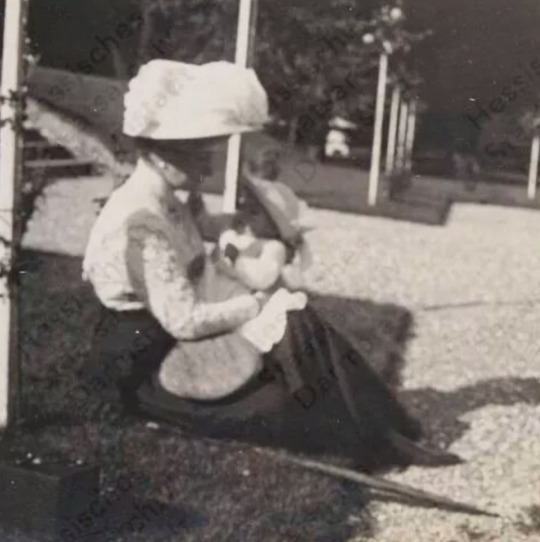
A sweet photo of Empress Alexandra Feodorovna with her baby nephew Prince Ludwig of Hesse, Germany 1910
#so cute 🥰🥰#empress alexandra#alexandra feodorovna#tsarina alexandra#ludwig of hesse#prince ludwig#prince Ludwig of hesse#wolfsgarten#hemmelmark#1910#hessian royal family#alix of hesse
42 notes
·
View notes
Text
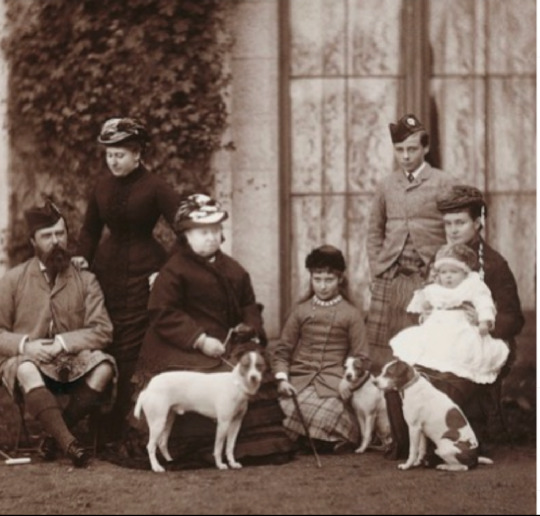
Queen Victoria, surrounded by some of her family members
This photograph dates from 1882. In it, we see Queen Victoria surrounded by (from left to right) her son in law Grand Duke Ludwig of Hesse, her daughter, Princess Beatrice, her two Hessian grandchildren, Princess Alix of Hesse and by Rhine and Hereditary Grand Duke Ernst Ludwig of Hesse and by Rhine, the Duchess of Connaught and little Margaret Connaught in her lap.
#russian history#romanov dynasty#BRF#Queen Victoria#hessian royal family#Grand Duke Ludwig of Hesse#Princess Alix of Hesse#Hereditary Grand Duke Ernst Ludwig of Hesse#Prince Beatrice of Saxe-Coburg and Gotha#The Duchess of Connaught#Margaret of Connaught#vintage photography
18 notes
·
View notes
Text

Prince Alfred, Hereditary Prince of Saxe-Coburg and Gotha, Prince Ernst Ludwig of Hesse (future Grand Duke of Hesse) and Prince George of Wales (future King George V of the United Kingdom)
19 notes
·
View notes
Text
The Old Mausoleum and Princess Elisabeth.
In the Grand Ducal Hessian family, the name Elisabeth evokes melancholic feelings; as the lives of the beholders of this beautiful name, which means 'God-given', the princesses Elisabeth, later Grand Duchess Elizaveta Feodorovna (1864-1918) and Elisabeth, Elizaveta Feodorovna's niece (1895-1903), were princesses whose lives and destinies were intermingled with happiness, devotion, service, and sadness. Today, remembering the beholders of this name, we can remember another Hessian princess named Elisabeth who, like Grand Duke Ernst Ludwig's daughter, also died in childhood. Being so young when she passed away, information about her is scarce. She was the fourth child and first daughter of the Hereditary Princely couple of Darmstadt, Ludwig and Wilhelmine, but the fact is that Elisabeth's parents had been leading separated lives for a while and, the age gap with her older brothers, Princes Ludwig and Karl, was of more than a decade. Therefore, that her biological father was not the Hereditary Prince does not come as a surprise, being the most probable biological father August von Senarclens-Grancy, a Swiss noble in service to the court. He was also the possible biological father of her younger siblings, Alexander and Marie, but, like her, they were also recognized by Ludwig. Wilhelmine's pregnancy with Elisabeth is mentioned in a letter from her sister, Russian Empress Elizaveta Alexeievna to her mother, Amalie of Hesse-Darmstadt: '...I am very sorry for my poor aunt in Darmstadt [Luise, Grand Duchess of Hesse and by the Rhine, mother-in-law of Wilhelmine], whose eyes are in such a bad state. Is she happy with Mimi's [Wilhelmine's nickname] pregnancy ? Dear mother, I don't think I have been secretive with you, but when Mimi told me that I was the first person she had spoken to about her pregnancy, I thought it was not for me to be the first to speak of it, but for her in every way. I still don't know how far along she is, she hasn't told me, but I'm sure you do, dear mother...' . Three months after this letter was written, on the 20 of May of 1821, Amalie Elisabeth Luise Caroline Friederike was born. Although not directly mentioned, she was possibly named in honor of her maternal grandmother and maternal aunts and her official paternal grandmother. She, as a child, possibly spent the majority of her time with nannies that took care of her, and with her mother Wilhelmine. Elisabeth has been referred to as her mother's favorite daughter. Her mother, who loved to travel to Switzerland and had visited it several times before, decided to take all her children in a travel there, but what was to be a happy event, was marked by tragedy, as Elisabeth, in the outward journey, contracted scarlet fever and died on May 27, 1826, in Lausanne, a week after her fifth birthday.
Little Elisabeth was laid to rest first in the Darmstadt City Church for some time until 1831, when the mausoleum her mother had asked court architect Georg Moller to erect in the Rosehöhe, a most loved place for her, was finished. This mausoleum with time became an important burial place for the Hessian Grand Ducal family.
As for Wilhelmine, with the death of Elisabeth, her love for Switzerland, traveling, and life in general decayed. She said some years later 'the old wanderlust is no longer to be found in me'.
Wilhelmine died in 1836, and asked her husband, now Grand Duke Ludwig II, to have a simple funeral and to be laid to rest with her beloved Elisabeth.
Sources: L'impératrice Élisabeth, épouse d'Alexandre 1er by Grand Duke Nikolai Mikhailovich, podcast 'Treffpunkt Heilingenberg' #3 'Eine Affäre in der Schweiz', Die Hessin auf dem Zarenthron: Maria, Kaiserin von Russland, http://www.park-rosenhoehe.info/Park_Geschichte.html and https://freunde-des-schlossmuseum-darmstadt.de/wp-content/uploads/2021/09/flyer_palais.pdf
Thanks to @abigaaal for her feedback on this!
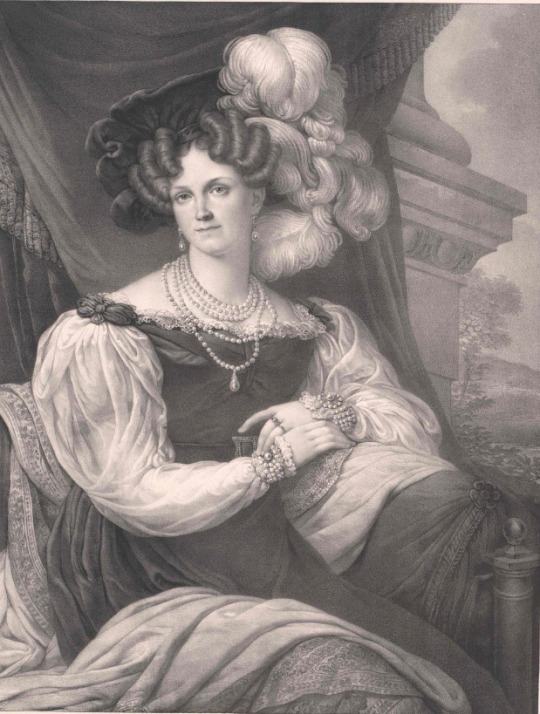
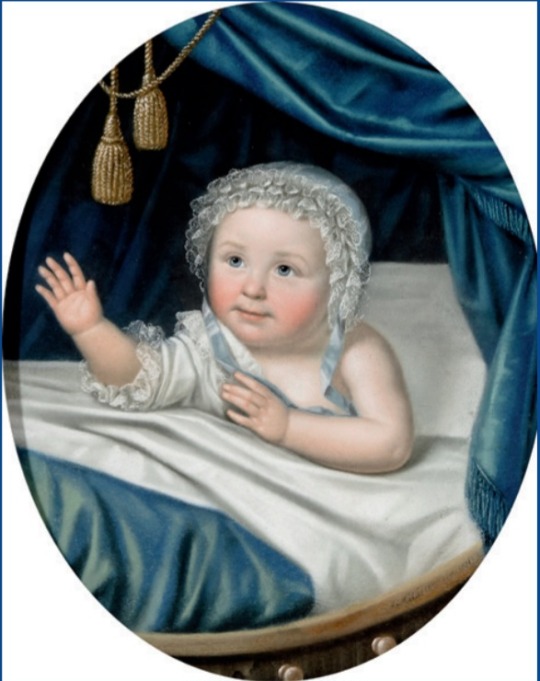
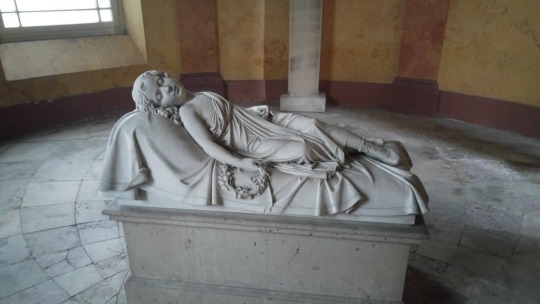
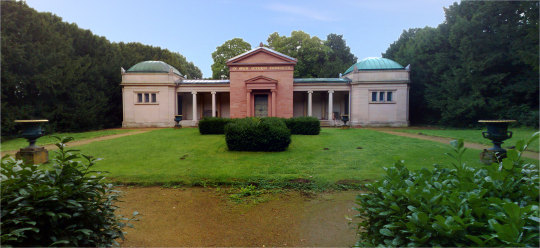
#grand ducal family of hesse-darmstadt#princess elisabeth of hesse-darmstadt (1821-1826)#Grand Duchess Wilhelmine of Hesse-Darmstadt#Princess Wilhelmine of Baden#Prinzessin Elisabeth (1821-1826)#Altes mausoleum#Old Mausoleum#Rosenhöhe#darmstadt#Too much Elizabeths
30 notes
·
View notes
Photo
Tsarevich Alexei Nikolaevich playing with his Hessian cousins, Princes Georg Donatus and Ludwig, Germany 1910



21 notes
·
View notes
Text
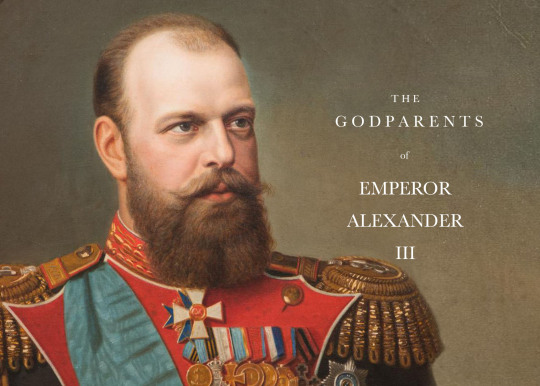

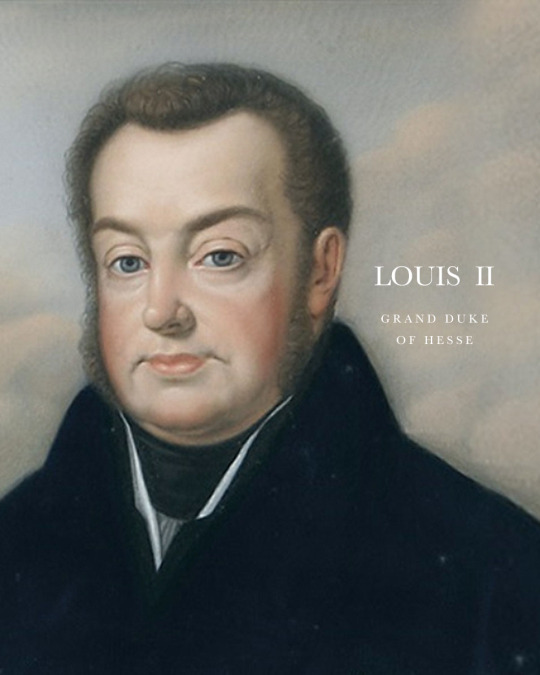

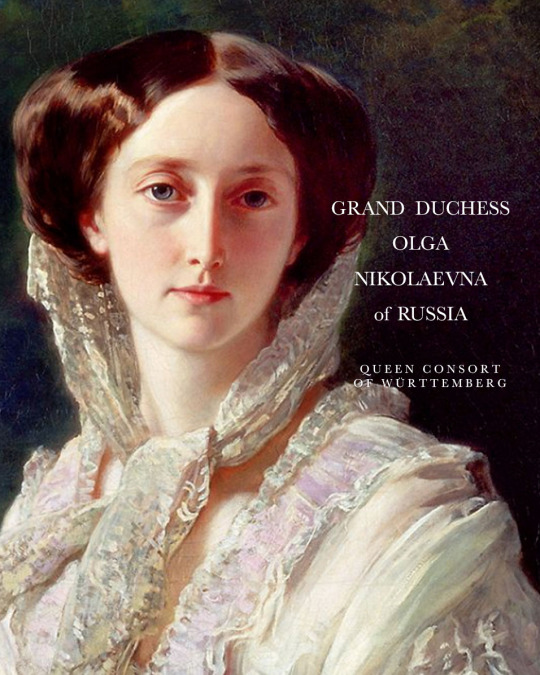
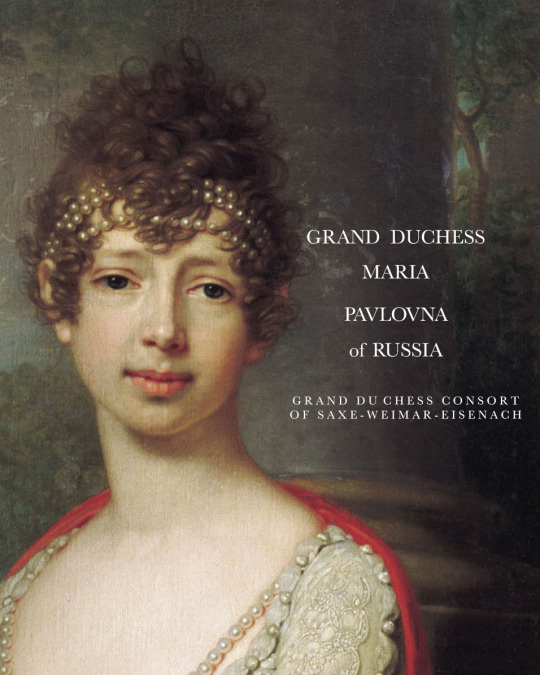

GODPARENTS OF EMPEROR ALEXANDER III
Emperor Alexander III (then Grand Duke) was born as the second son of Emperor Alexander II (then Tsesarevich) on 10 March 1845, during the reign of his grandfather Emperor Nicholas I. He was christened a week later at 10 am in the Winter Palace Church, St. Petersburg, by the Confessor of Their Imperial Highnesses. He had six listed godparents:
NICHOLAS I, EMPEROR OF RUSSIA - his paternal grandfather was one of his godparents present at his christening. Mainly remembered in history as a reactionary whose controversial reign was marked by geographical expansion, centralisation of administrative policies and repression of dissent. He died in 1855, when the Alexander was only 9 years-old, just a week shy from his 10th birthday.
LOUIS II, GRAND DUKE OF HESSE AND BY RHINE - his maternal grandfather was another of his godparents, but was absent at the christening. The hessian grand duke, like his paternal grandfather, was also considered a reactionary leader, he was in conflict with parliament almost his entire reign. The German revolution in 1848-49 proved his inability to govern. On March 5, 1848 he named his son Louis III as co-regent, and a year later he died.
GRAND DUCHESS ELENA PAVLOVNA OF RUSSIA - his great-aunt, the wife of Grand Duke Michael Pavlovich, stood as one of his godparents. Born as Princess Charlotte of Württemberg, she became a close friend of Alexander's mother the Empress Maria Alexandrovna, and was known as an intellectual. She was also considered the most exceptional woman in the imperial family since Catherine the Great.
GRAND DUCHESS OLGA NIKOLAEVNA OF RUSSIA, QUEEN CONSORT OF WÜRTTEMBERG - his aunt was one of his godparents present at the christening. She was the younger sister of his father. Attractive, cultured and intelligent, she was considered to be one of the most eligible princesses in Europe. Just three years after her nephew was born, in 1846, she married Crown Prince Karl of Württemberg. Alexander's older brother the heir apparent Nicholas died just two months before their aunt Queen consort of Württemberg. With his death, he became the next heir apparent, the 'Tsesarevich'.
GRAND DUCHESS MARIA PAVLOVNA OF RUSSIA, GRAND DUCHESS CONSORT OF SAXE-WEIMAR-EISENACH - his great-aunt was another of his godparents. One of the daughters of Emperor Paul I, the grand duchess married a German prince Karl Friedrich, Grand Duke of Saxe-Weimar-Eisenach in 1804. She was an intellect, interested in both arts and sciences. German poet and novelist Johann Wolfgang von Goethe hailed her as one of the worthiest women of his time. She was the great-grandmother of Wilhelm II, German Emperor and Queen Victoria of Sweden.
PRINCESS MATHILDE CAROLINE OF BAVARIA, GRAND DUCHESS OF HESSE AND BY RHINE - his aunt, the wife of his uncle Louis III, Grand Duke of Hesse and by Rhine, was listed as one of the future emperor's godparents. She was the eldest daughter of King Ludwig I of Bavaria. Her marriage to Louis III was childless. She died of cancer in 1862 at the age of 48.
Source
35 notes
·
View notes